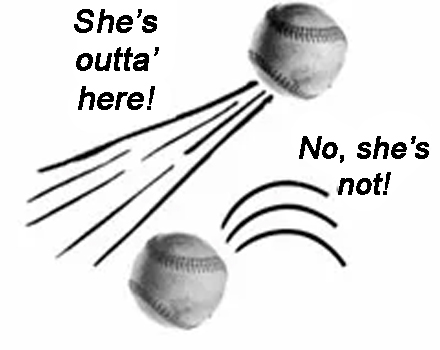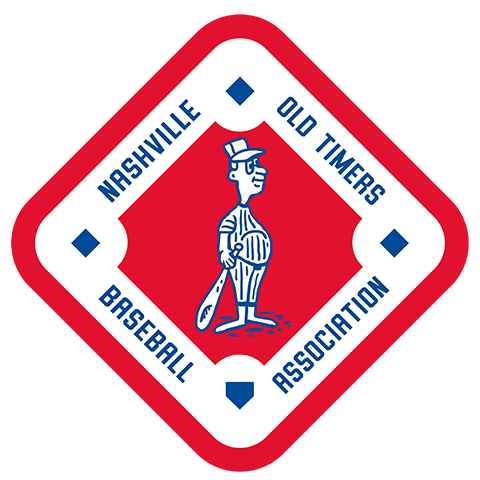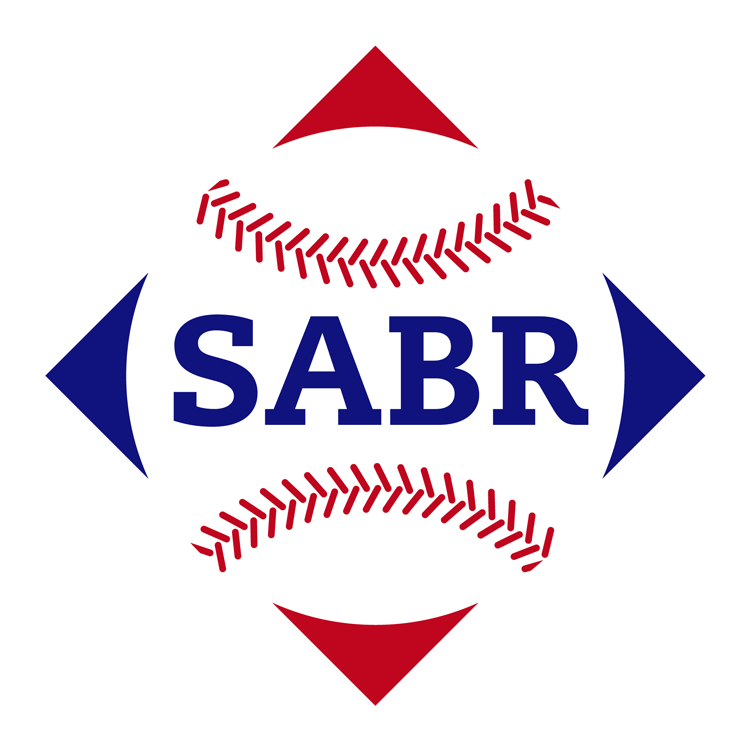
Harold “Tookie” Gilbert had all the tools: a good hitter with power and was a skillful left-handed first baseman. His father, Larry, played on the 1914 “Miracle” Braves, and became a legend as player-manager of the New Orleans Pelicans and co-owner and manager of the Nashville ball club.
The youngest son of the baseball family, Tookie had two brothers, Charley and Larry, Jr., who had successes of their own in baseball.
Playing for Nashville in 1949 with his father now general manager, Tookie batted .334 and socked 33 home runs, and the next season would find himself on the roster of the New York Giants.
His home run total should have been 34.
In a game on July 28, 1949 in Nashville’s famous Sulphur Dell, the ballpark that was oddly-shaped with a short right field wall that sat on a hill 22 ½ feet above the playing surface, he lost a home run due to poor judgement by the umpires.
Against Birmingham in the dimly-lit setting, Tookie’s blast off righty Jim McDonald easily cleared the right-center field wall. Center fielder Norm Koney stopped when he saw the ball go over.
But the ball came back onto the field. It had hit a city bus parked outside, rebounded back into the ballpark, and when the three umpires consulted, ruled it a triple.
Similarly, consider the plight of poor Bill Bribeck, first baseman of the 1923 Bloomington (Illinois) Bloomers of the Three-I (Illinois, Indiana, Iowa) League. He hit 11 home runs that season, but owns the odd distinction of hitting another six home runs in consecutive games with none going into the score book.
Bloomington’s ball field had a short left field fence, 275 feet from home plate, and on the day after team management erected a five-foot screen on top of it, Bribeck hit a ball near the top of the screen which fell in for a double. A day earlier, it would have been a home run.
In the first inning of the next day’s game, Bill hit a ball that cleared that same left field fence. But the game was rained out in the third inning, negating his second consecutive four-bagger.
He smacked another one out of the park in the third inning on the third day, but as he rounded third base, he missed the bag. The other team noticed, and so did the umpire, and he was called out. With a runner on base on day four he slugged one over the fence, but the runner failed to run in fear of the ball being caught. Bill passed him and was automatically called out.
In game five he hit another home run, but had batted out-of-turn, and his feat was annulled.
The final installment of his misfortune came on the sixth day of an extra-inning affair. It was getting dark, but in the top of the 15th the umpires thought the game would be able to finish. The visitors scored seven runs to take the lead, but with two aboard in the home half Bribeck thumped a three-run homer.
His manager, fearing the Bloomers would not be able to pull the game out before complete darkness, began to stall until the umpire finally called the game. The score reverted to the previous inning, a 14-inning tie game. Hard-luck Bill lost his home run, the sixth time on six consecutive days one of his round-trippers was erased.
Seven home runs, each with the same results: Not.
Sources
Baseball-reference.com
Baseball Digest
Nashville Tennessean
Newspapers.com
Author’s note: Much of Bill Bribeck’s story comes from Raymond Johnson’s “One Man’s Opinion” column in the January 22, 1943 edition of the Nashville Tennessean, in which Johnson refers to the original story from the January 1943 edition of Baseball Digest. Also, according to baseball-reference.com Bribeck’s name is “Walter J.”, with no mention of “Bill”.
© 2019 by Skip Nipper. All Rights Reserved.



